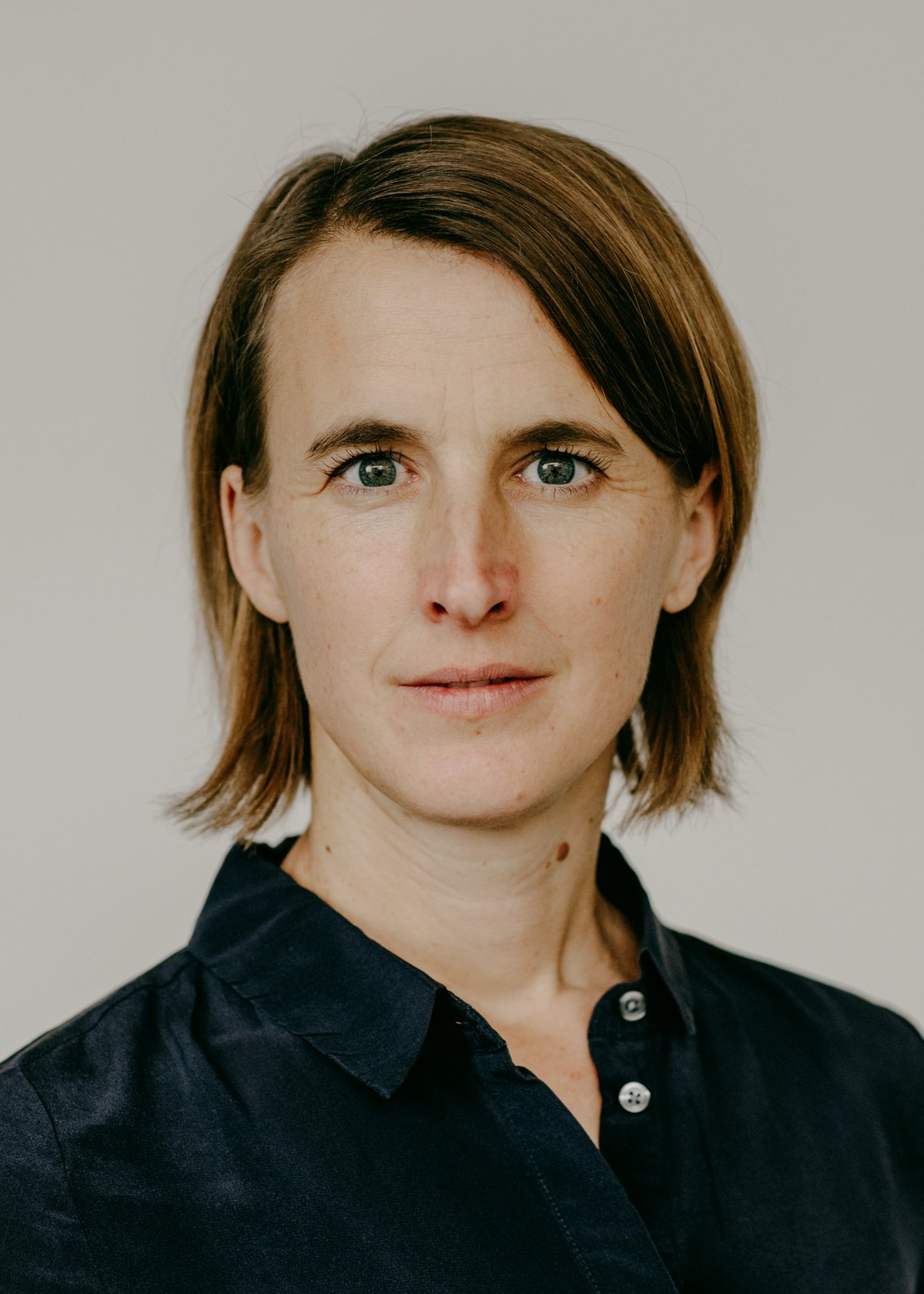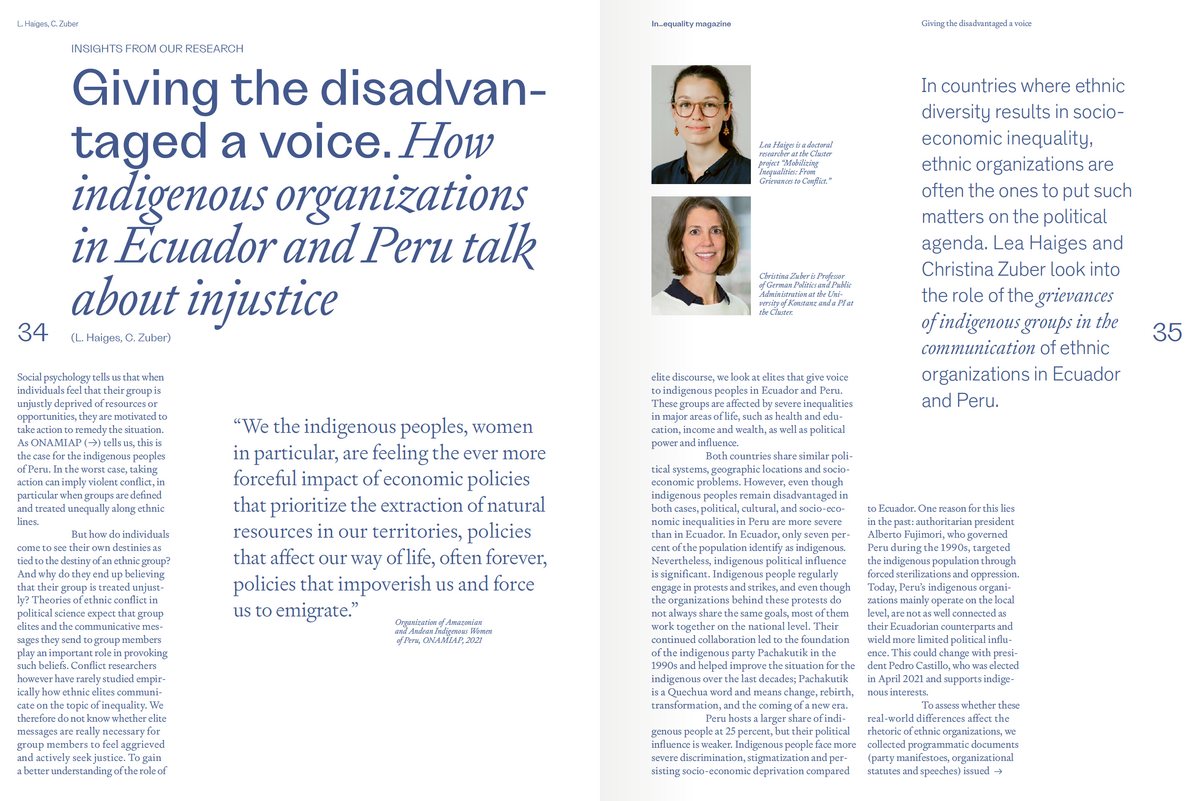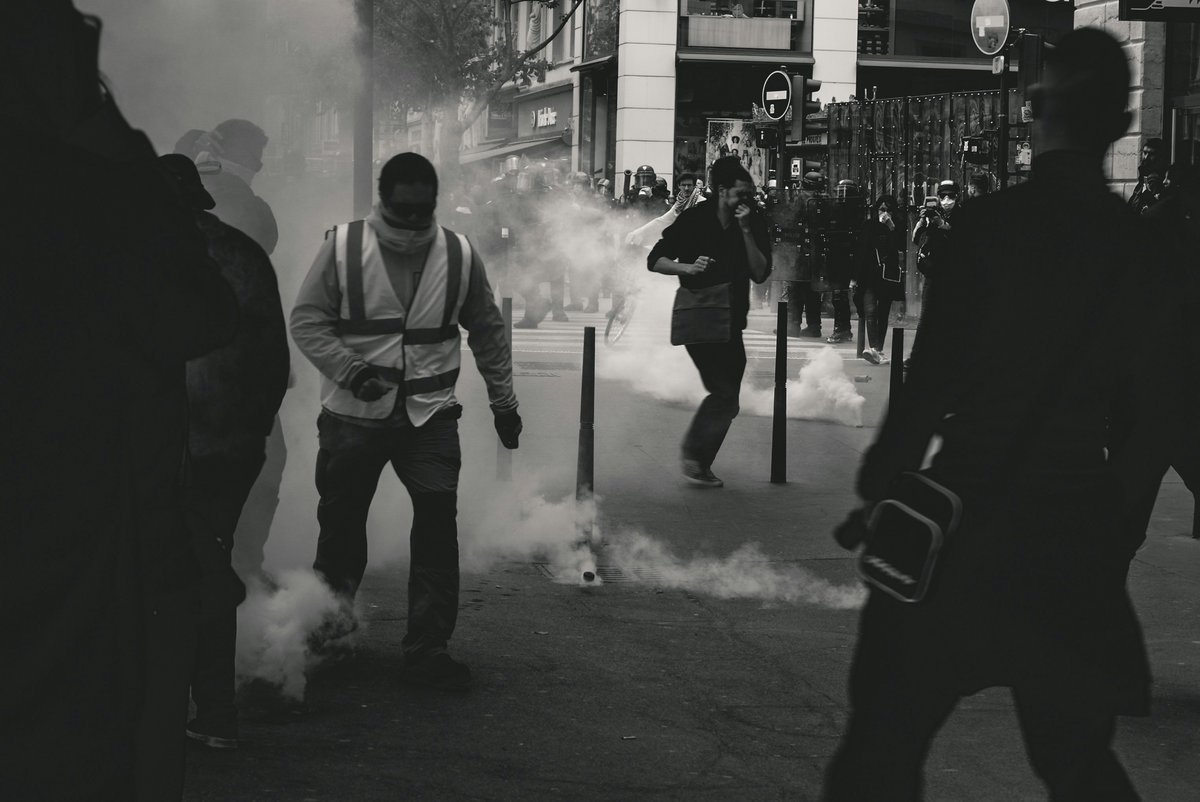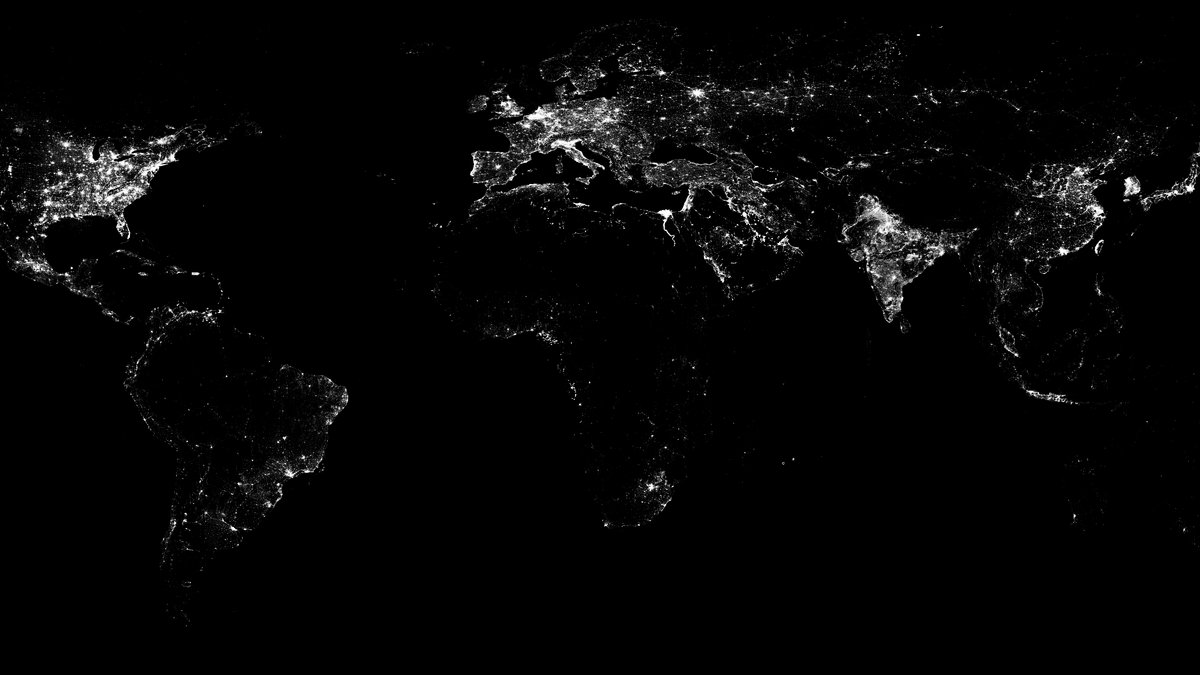Inequality is a global problem. It manifests itself in various forms around the world. For this reason, our projects repeatedly address inequality from a global perspective. On the one hand, "global" means that we examine inequality in regions and groups that rarely make it into the headlines of our daily newspapers. But "global" also means that we examine the worldwide development of inequality and analyze how its perception changes over time and space and what effects this has.

Gabriele Spilker has been Professor of International Politics - Global Inequality at the Cluster since fall 2021. There, she has established a working group that deals with the effects of globalization and climate change on inequality, especially in countries of the Global South.
Giving the Disadvanteged a Voice. How indigenous organizations in Ecuador and Peru talk about Injustice.
by Christina Zuber and Lea Haiges

We the indigenous peoples, women in particular, are feeling the ever more forceful impact of economic policies that prioritize the extraction of natural resources in our territories, policies that affect our way of life, often forever, policies that impoverish us and force us to emigrate.

Many social discourses revolve around "ethnic identity": in numerous places, a strong group identity goes hand in hand with the perception of shared interests, for example in the area of eliminating discrimination in access to important resources. Dealing with ethnic diversity and balancing the interests of the majority population and minorities is therefore often a challenge for the state.
The project “Ethnic Policies”: Remedy for Between-Group Inequalities?" investigates how policies that target specific ethnic groups, in this case the Sámi in Norway and Sweden, have an impact on inequality and can contribute to equality for ethnic minorities.
The project "Mobilizing Inequalities: From Grievances to Conflict" deals with specific processes of mobilization against the background of structural inequality among groups and ethnically motivated violence.


![[Translate to Englisch:] article](/fileadmin/exzellenz/inequality/timeline_pic/03-01.jpg)
![[Translate to Englisch:] article](/fileadmin/exzellenz/inequality/timeline_pic/03-02.jpg)
![[Translate to Englisch:] article](/fileadmin/exzellenz/inequality/timeline_pic/03-03.jpg)

![[Translate to Englisch:] article](/fileadmin/exzellenz/inequality/timeline_pic/03-05.jpg)
![[Translate to Englisch:] article](/fileadmin/exzellenz/inequality/timeline_pic/03-06.jpg)
![[Translate to Englisch:] article](/fileadmin/exzellenz/inequality/timeline_pic/03-08.jpg)
![[Translate to Englisch:] article](/fileadmin/exzellenz/inequality/timeline_pic/03-09.jpg)
![[Translate to Englisch:] article](/fileadmin/exzellenz/inequality/timeline_pic/03-10.jpg)
![[Translate to Englisch:] article](/fileadmin/exzellenz/inequality/timeline_pic/03-11.jpg)